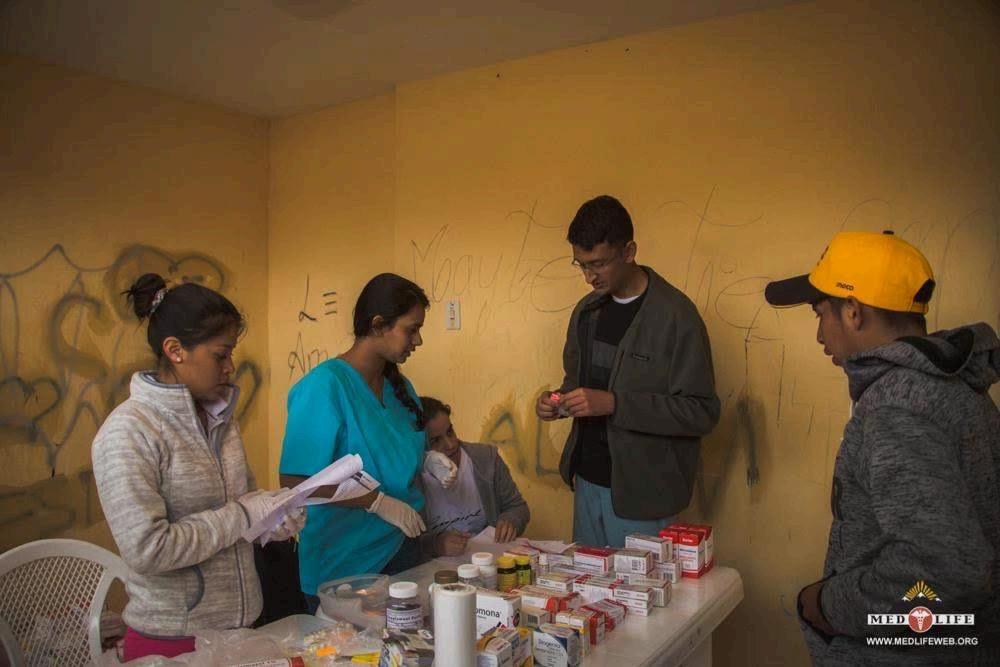Closing the Healthcare Gap: Why We Must Invest in Underserved Areas by Vishal Panchigar

Vishal Panchigar explained that healthcare disparities remain one of the most pressing issues in modern society, with underserved communities facing some of the most significant challenges in accessing essential care. These areas, often defined by geographic, economic, or social factors, are plagued by a lack of resources, healthcare professionals, and infrastructure The result is a cycle of poor health outcomes, delayed treatments, and preventable illnesses To address these inequities, we must prioritize allocating more healthcare resources to underserved regions, ensuring that everyone, regardless of their circumstances, has access to quality medical care.
One of the key factors contributing to healthcare disparities is the shortage of healthcare professionals in underserved areas. Many doctors, nurses, and specialists tend to work in urban or affluent areas, where they can receive higher wages, better working conditions, and professional development opportunities This leaves underserved communities with limited access to essential care. By investing in programs that encourage healthcare professionals to
work in these regions through financial incentives, training opportunities, and support networks we can begin to close the gap and provide better access to care for those who need it most
In addition to staffing shortages, the physical infrastructure of healthcare facilities in underserved areas often falls short of meeting the needs of the population Many clinics and hospitals lack modern equipment, have outdated facilities, or are located far from where people live This means that individuals in these areas must travel long distances for even basic care, leading to delays in diagnosis and treatment Investing in the renovation and expansion of healthcare facilities in underserved regions, along with improving access to transportation, will make healthcare more accessible and convenient for those who need it
Another critical area that requires greater focus is mental health services. People in underserved communities often face higher levels of stress, trauma, and mental health challenges but have limited access to counseling or psychiatric care. Allocating resources to expand mental health services whether through community outreach programs, telemedicine, or mobile clinics can ensure that individuals receive the support they need to recover and thrive.
Allocating more healthcare resources to underserved areas is not just a matter of equity; it's an investment in society's overall well-being. By addressing healthcare disparities, we can improve outcomes for individuals and communities, reduce long-term healthcare costs, and build a more muscular, more equitable healthcare system for all
